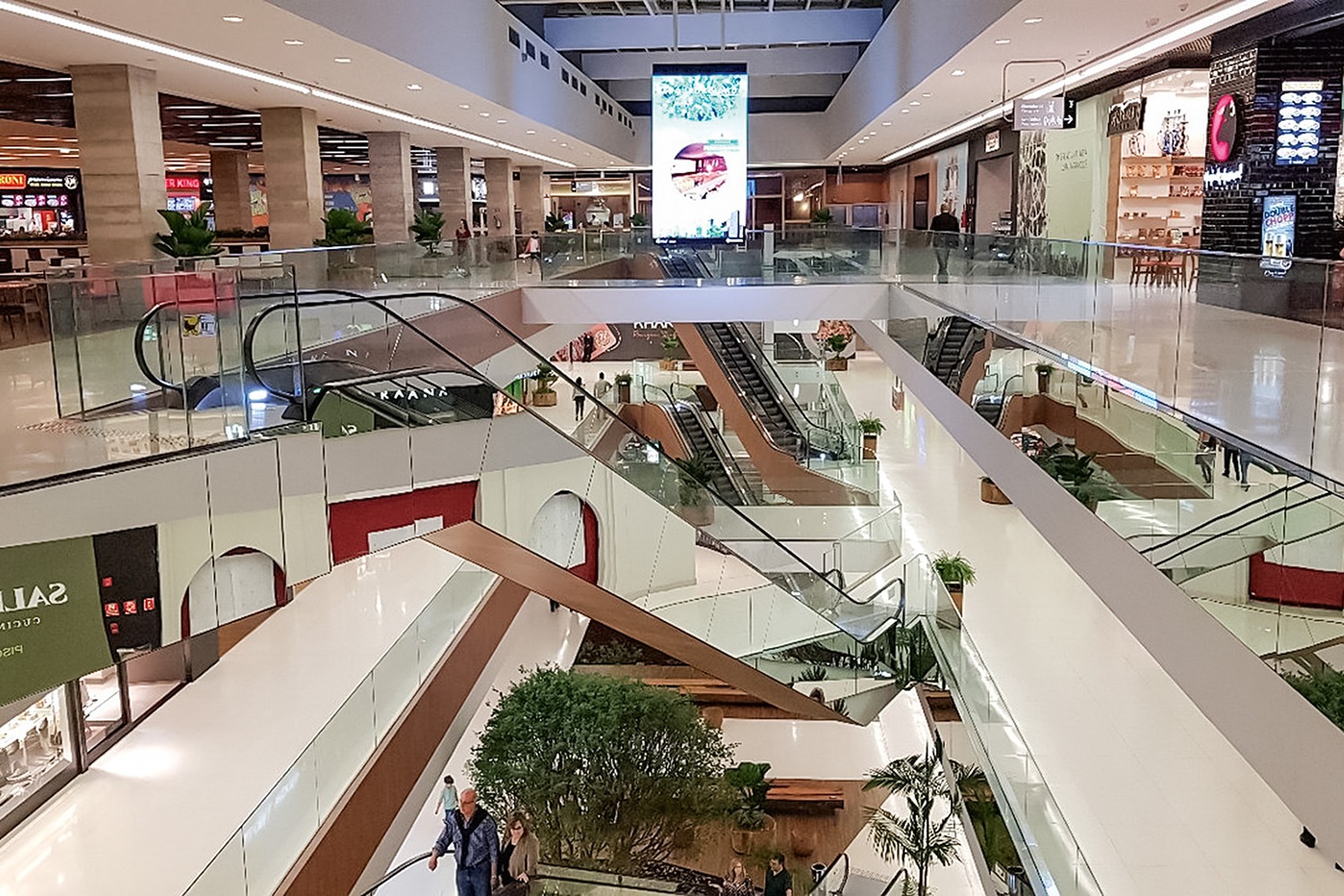RIO DE JANEIRO, BRAZIL – The malls reopen, the lights go on, stores lift their doors and… nothing. Consumers simply have not turned up in most shopping malls that have returned to work after the Covid-19 pandemic spread across the country.

According to reports from storeowners in different regions of the country, average sales have been up to 80 percent below normal. there are also some aggravating factors, such as legal insecurity and high costs.
By Monday, 73 shopping malls should be open in the country, according to the Brazilian Association of Shopping Centers (ABRASCE); however, this is not necessarily a stimulus for storeowners.
“Staying open has not even covered the cost of goods,” says Emiliano Silva, operations director of the restaurant chain ‘Divino Fogão’. The flow in the chain’s stores in Campo Grande, MS and Santa Catarina state is 80 percent below normal. In Betim, the drop is 73 percent.
Similar reports are repeated throughout the country. “I’m closing my two stores in Santa Catarina,” says Tito Bessa Junior Jr., owner of the TNG clothing chain. “Public transport has not been opened up (in Florianópolis) and 90 percent of employees rely on it to come to work”.
According to Carolina Dolzan, owner of a Mr. Cheney cookie franchise in Campo Grande, flow is between ten and 20 percent below normal. In Barra do Garças, flow in the mall is down 70 percent. Sales dropped by 80 percent.
At a time when consumers are afraid to leave home and spend money, shopkeepers rush to cut costs, mainly with rents. “In Campo Grande, they will only charge proportional rent,” says Silva, of ‘Divino Fogão’. “Others (shopping malls) say nothing and we are compelled by contract to open the store.” In Blumenau, the restaurant did not reopen because it would suffer lesser losses while closed.
In this scenario of uncertainty, franchisors try to give legal support to franchisees. Andrea Kohlrausch, CEO of ‘Calçados Bibi’, says the company has helped in talks with the malls and negotiated the payments for the coming months. “It’s approximately 13 percent of stores reopened, with 40 to 50 percent of the pre-crisis flow.”
Bessa Junior, who in addition to owning TNG is the chairman of the Brazilian Association of Satellite Store Owners (ABLOS), believes that renegotiating rental prices is inevitable. “It’s no use the mall forcing the opening of stores. The storeowner’s odds of winning a case in court are high because the current flow does not justify paying what was contracted”.
In addition to the drop in revenue, in some cases the operating costs increased: “Some goods and supplies became more expensive because they began to be purchased in smaller quantities,” said Silva, of ‘Divino Fogão’.
Source: O Estado de S. Paulo

